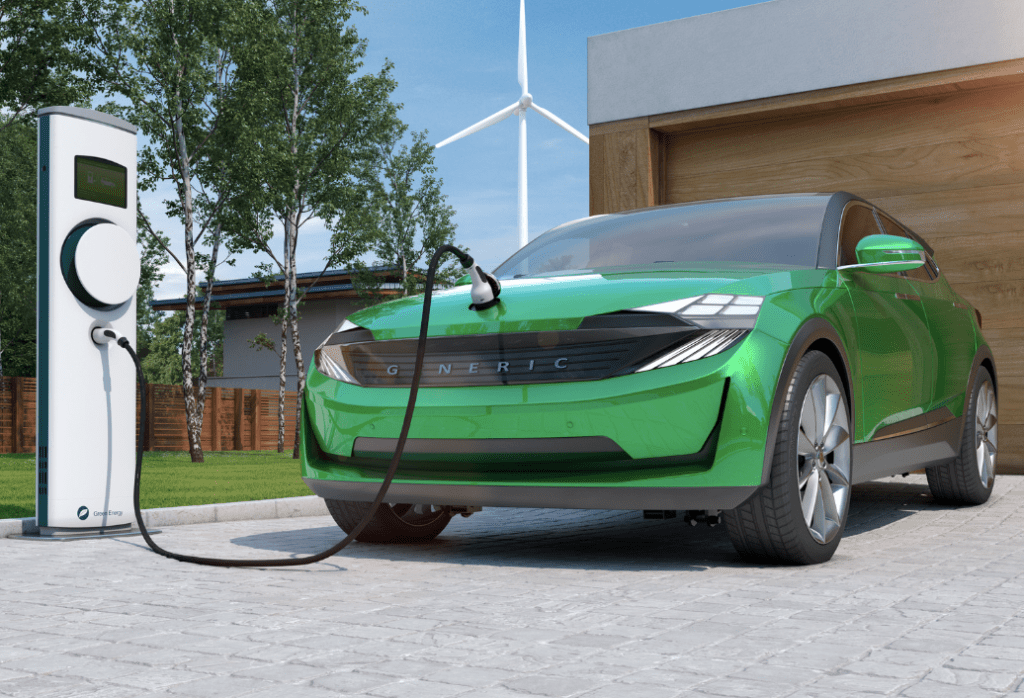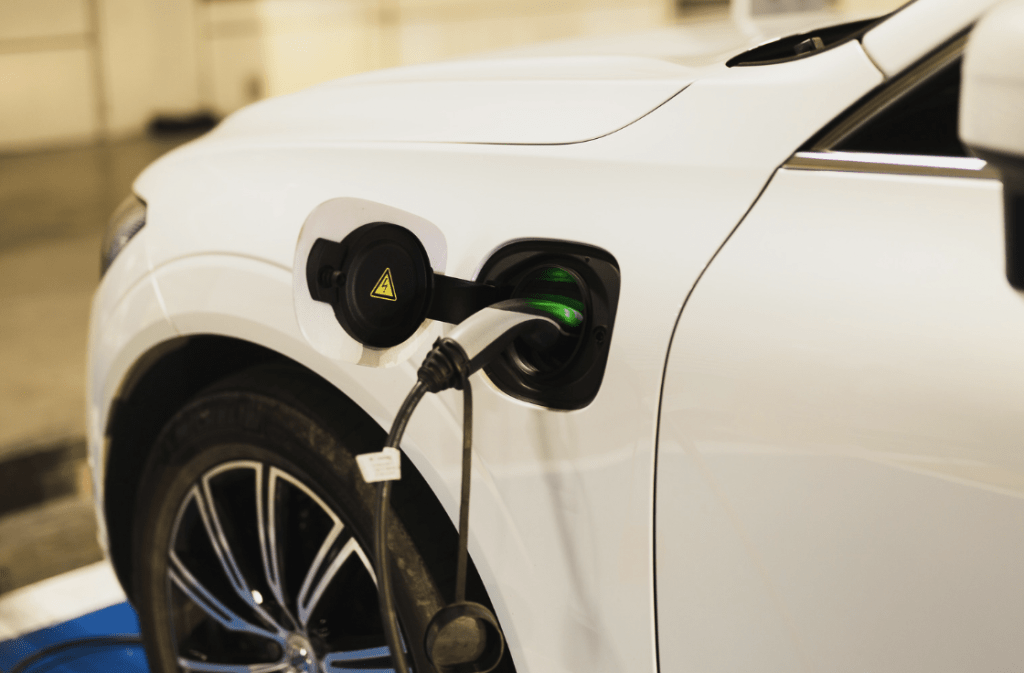Where once gas was the main way to power our vehicles, there are plenty of Americans who are taking the steps to switch to electric.
In fact, recent figures revealed that there are 2,442,270 electric vehicles (EVs) registered in the United States and 38% of US adults would consider an EV for their next vehicle purchase. Additionally, the electric vehicle market was valued at $49.1 billion in 2023.
It’s easy to see why people are increasingly moving away from gas-powered cars. Electric vehicles are a promising solution that could potentially address both environmental concerns and economic issues. As technology advances, EVs have become more practical and accessible, paving the way for a sustainable and efficient future in transportation.

The promise of EV
Electric vehicles offer a departure from traditional combustion engines towards a cleaner, greener alternative. The heart of an electric vehicle is its electric motor, which is powered by rechargeable batteries.
Unlike traditional internal combustion engines that rely on fossil fuels, electric vehicles produce zero tailpipe emissions, contributing to the reduction of air pollution, reducing greenhouse gas emissions and therefore easing the adverse effects of climate change – something that’s especially important right now.
Energy efficiency is important for several reasons, but climate change tops the list. The planet is getting warmer and this is what led to the US Government, along with other major nations, working to meet the targets set out in the Paris Agreement. This is a treaty on climate change and the aim is to stop the planet from going 35.5°F (2°C) above pre-industrial levels.
With this in mind, there’s been a real push for countries to adopt new initiatives and this has trickled down to individuals who are seeking to make a change in their daily carbon emissions. Moving to EVs is one significant way to do this.
For those seeking to buy an EV, they’ll find that the tech has seen remarkable advancements, with increased driving ranges and improved charging infrastructure. Today, electric vehicles can cover impressive distances on a single charge, making them a suitable option for daily commuting as well as long-distance travel. Additionally, the development of fast-charging stations and easily accessible power products makes electric vehicles a practical and convenient choice for many drivers.


Economic benefits
Beyond their environmental advantages, EVs offer potential economic benefits. While the initial cost of purchasing an electric vehicle may be higher than that of a traditional car, the total cost of ownership over the vehicle’s lifespan tends to be lower. Electric vehicles generally require less maintenance, with fewer moving parts and no need for oil changes.
Additionally, the US Government is incentivizing the adoption of electric vehicles through tax credits and rebates, making them more financially appealing to consumers.
As technology continues to advance, electric vehicles are well-placed to become the future for how we travel. Their promise of reducing environmental impact, coupled with economic advantages, makes them a choice for motorists seeking to make significant changes. They’re also a key player in the global effort to combat climate change.
WE SAID THIS: Don’t Miss…Parliament’s Energy And Environment Committee: Only Electric Vehicles In Egypt By 2040



